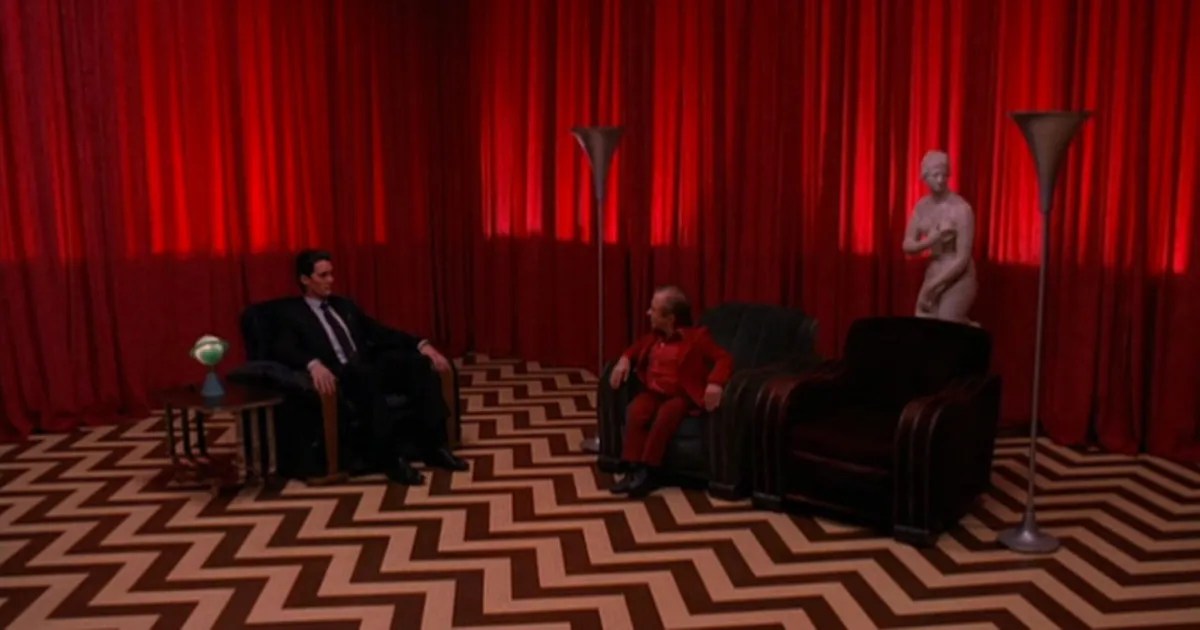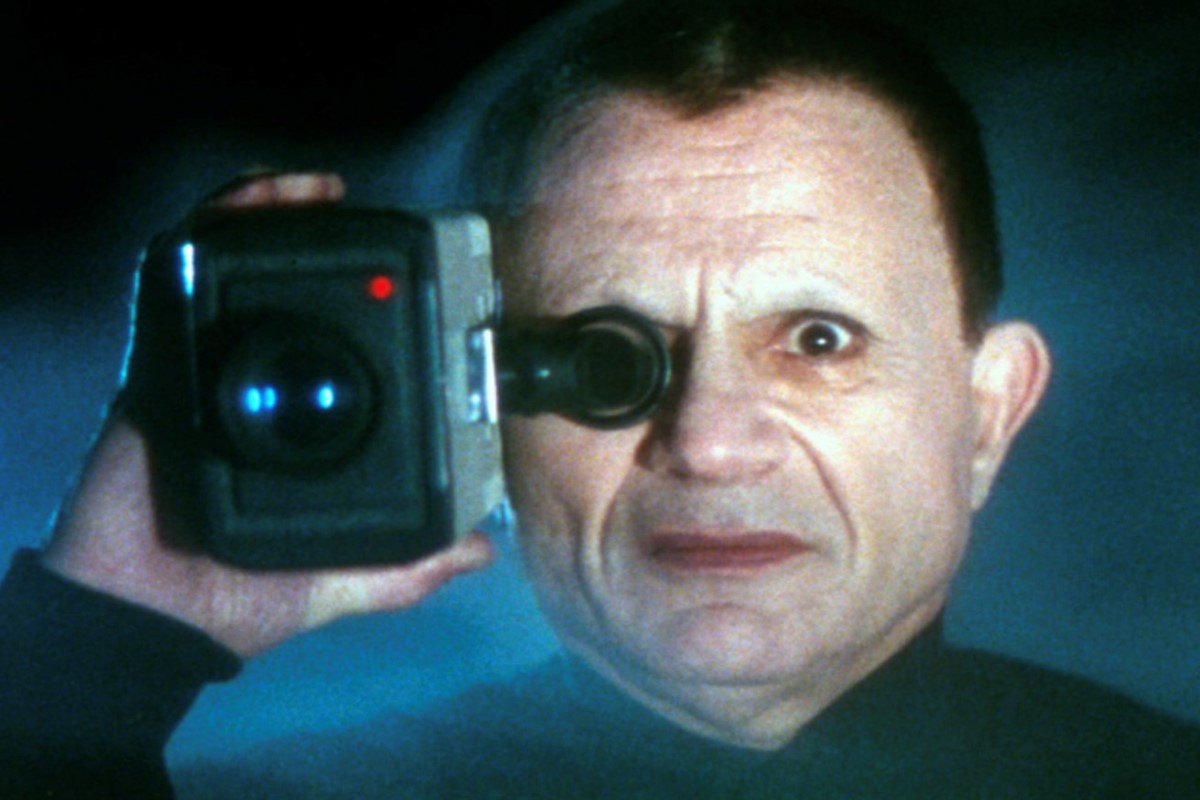David Lynch is an American filmmaker known for his unique approach to narrative structure and thematic content. His films, frequently characterised by surrealism, dreamlike atmospheres, and psychological horror, have made him one of the most influential figures in modern cinema. Lynch’s work, including his seminal series Twin Peaks and acclaimed films such as Blue Velvet and Mulholland Drive, has challenged and expanded the boundaries of storytelling in film and television.
Lynch’s journey into filmmaking began with a passion for painting while studying at the Pennsylvania Academy of Fine Arts. The desire to see his paintings move led him into film, resulting in his first short film, Six Men Getting Sick. After several years of experimentation and learning, Lynch debuted his first feature, Eraserhead, a film that brought him into the spotlight due to its distinct style and marked the beginning of his recurring collaboration with sound designer Alan Splet.
A cornerstone of Lynch’s cinematic language is the exploration of the unconscious mind, often conveyed through surreal and dreamlike imagery. Rejecting conventional narrative structures, his films, such as Eraserhead and Mulholland Drive, utilise disjointed and impressionistic storytelling. This approach extends to his thematic concerns with duality, particularly the dichotomy of appearance versus reality. Seemingly idyllic American settings in films like Blue Velvet and Twin Peaks often mask a darker, more disturbing reality beneath the surface.
Dreamscapes and Nightmares
Lynch’s attention to sound design and visuals is a key aspect of his filmmaking style. His use of ambient sounds, unsettling noises, and haunting music scores, frequently in collaboration with composer Angelo Badalamenti, contribute to the eerie and uncanny atmosphere that permeates his work. His visual style is equally distinctive, marked by rich colour palettes, stark contrasts, meticulous composition, and iconic motifs such as the recurring use of red curtains.
Furthermore, Lynch’s exploration of complex characters and themes of identity, memory, and perception adds to the distinct nature of his films. In his works, like Lost Highway and Mulholland Drive, characters often exhibit unpredictable behaviour, experience identity shifts, or face subjective distortions of reality. His films also often incorporate elements of horror and the grotesque, contributing to their unsettling impact. This fusion of the disturbing and the mundane has been referred to as “Lynchian” — a testament to his unique vision. Additionally, his long-time practice of Transcendental Meditation has led to deeper explorations of consciousness and reality in his narratives.
Despite his unconventional approach, or perhaps because of it, Lynch has significantly influenced the film industry. Renowned directors like the Coen Brothers, Quentin Tarantino, and Darren Aronofsky have cited him as an inspiration. Internationally, filmmakers like Alejandro González Iñárritu and Lars von Trier have also been influenced by his work. Through his groundbreaking work, David Lynch continues to push the boundaries of cinematic storytelling, leaving an enduring impact on global cinema.

David Lynch (1946 – -)
Calculated Films:
- Eraserhead (1977)
- The Elephant Man (1980)
- Blue Velvet (1986)
- Twin Peaks (1989)
- Wild at Heart (1990)
- Twin Peaks: Fire Walk With Me(1992)
- Lost Highway (1997)
- The Straight Story(1999)
- Mulholland Drive (2001)
- Inland Empire (2006)
- Twin Peaks: The Return (2017)
Similar Filmmakers
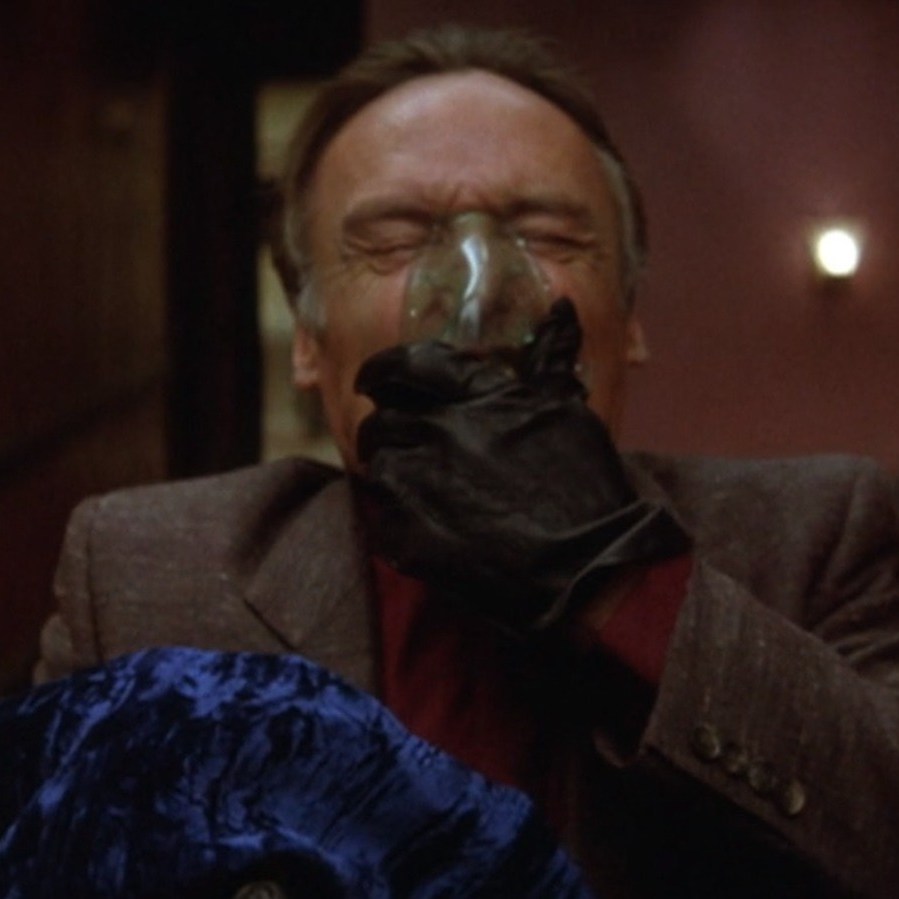
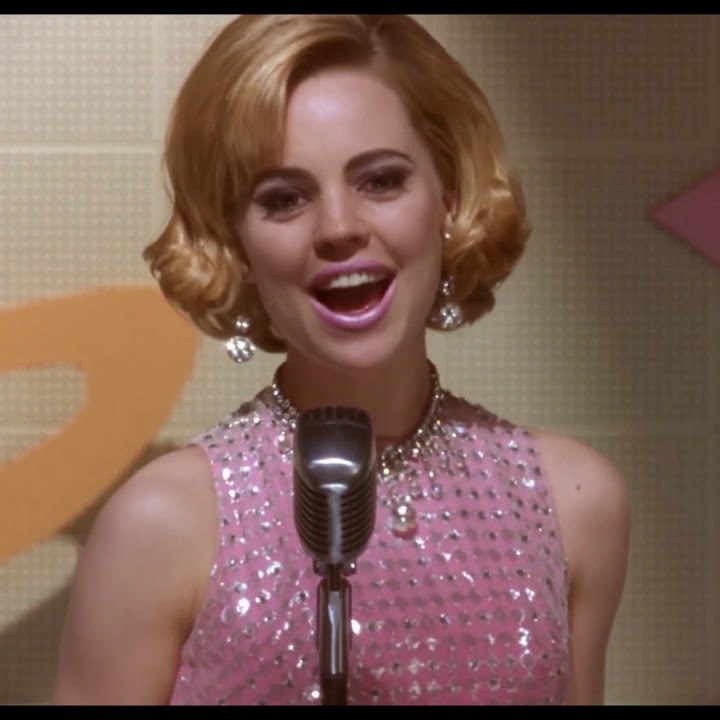

David Lynch’s Top 10 Films Ranked
1. Mulholland Drive (2001)
Genre: Mystery, Surrealism, Psychological Thriller, Psychological Drama, Neo-Noir
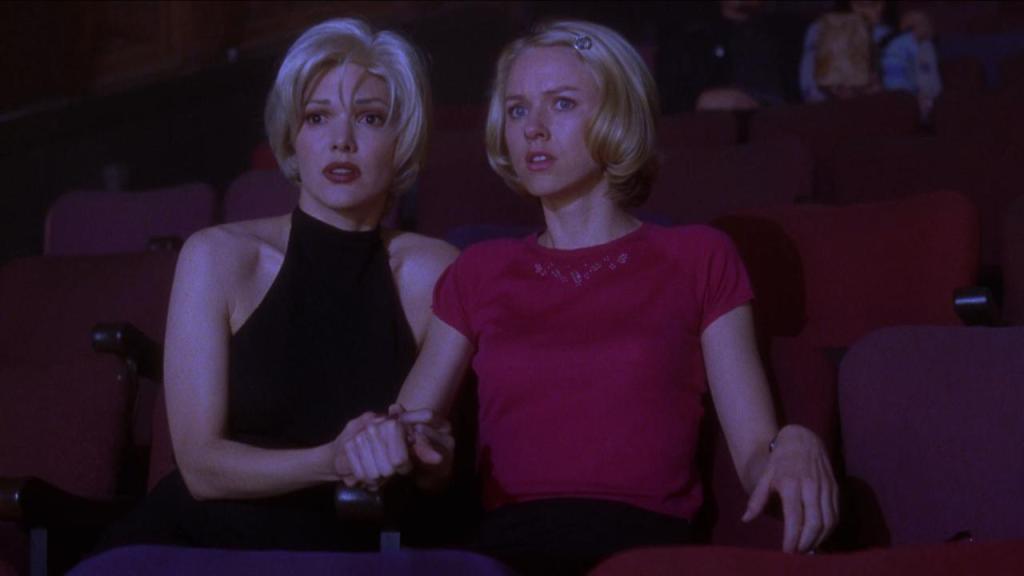
2. Twin Peaks (1989)
Genre: TV, Drama, Psychological Thriller, Mystery, Neo-Noir

3. Blue Velvet (1986)
Genre: Mystery, Thriller, Crime, Neo-Noir

4. The Elephant Man (1980)
Genre: Biographical, Drama
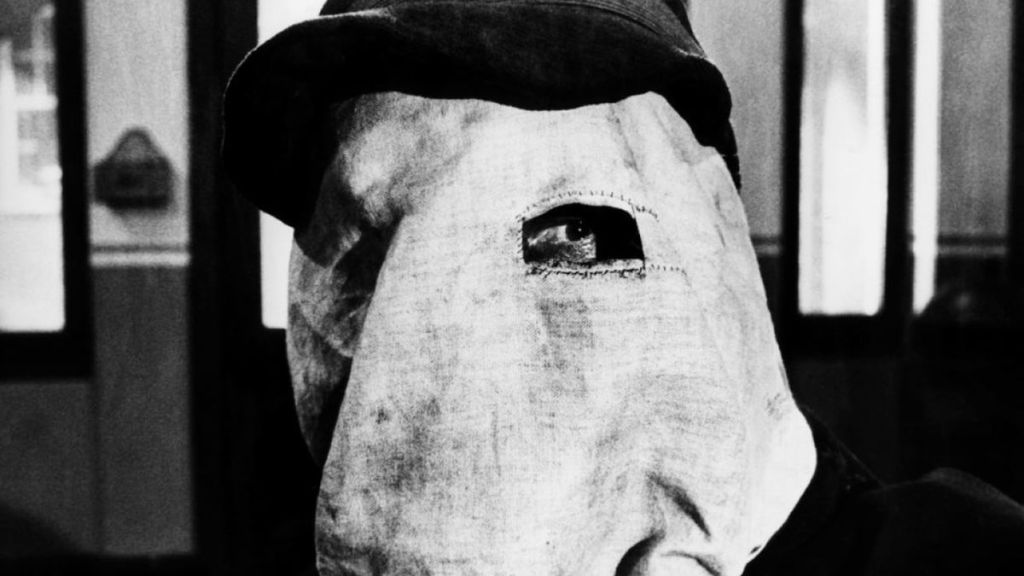
5. Twin Peaks: The Return (2017)
Genre: TV, Drama, Psychological Thriller, Mystery, Neo-Noir

6. The Straight Story (1999)
Genre: Road Movie, Drama, Biographical

7. Lost Highway (1997)
Genre: Mystery, Psychological Thriller, Surrealism, Neo-Noir

8. Eraserhead (1977)
Genre: Surrealism, Psychological Horror, Body Horror, Experimental
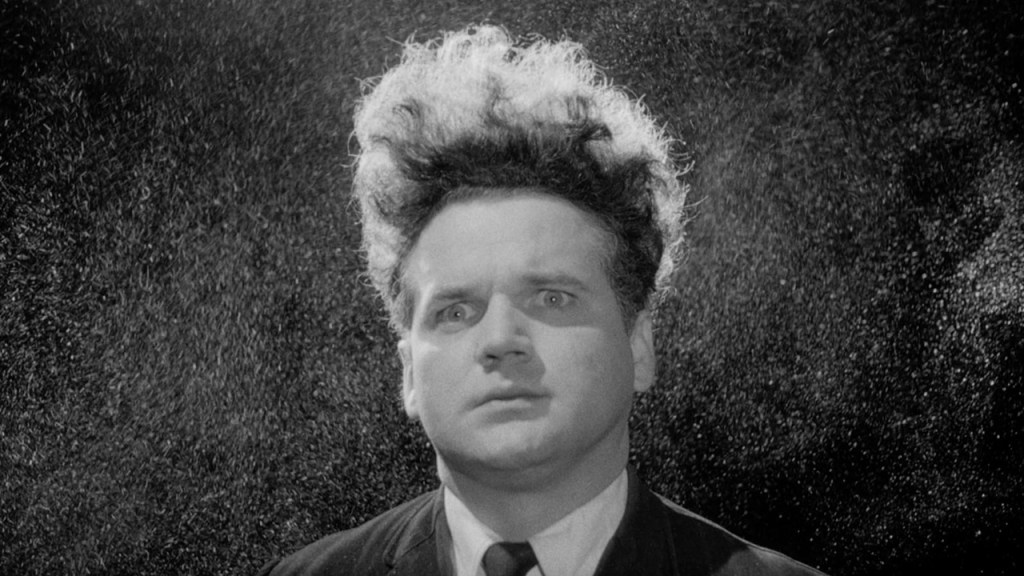
9. Twin Peaks: Fire Walk With Me (1992)
Genre: Surrealism, Psychological Thriller, Mystery, Psychological Horror, Psychological Drama
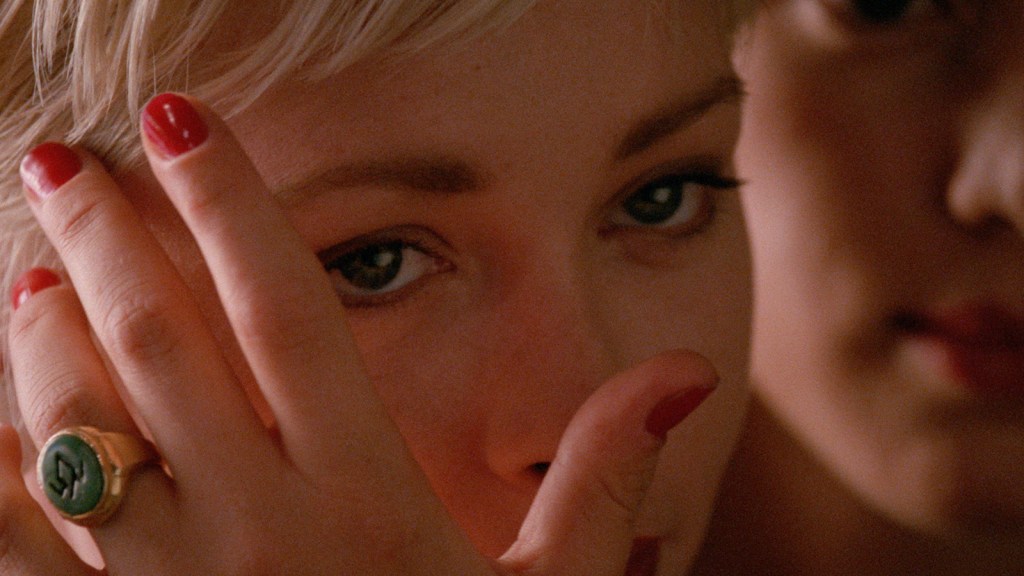
10. Inland Empire (2006)
Genre: Surrealism, Psychological Horror, Psychological Thriller, Mystery, Experimental

David Lynch: Themes and Style
Themes:
- Surrealism and Dreams: Lynch frequently explores the blurred lines between dreams and reality, constructing narratives that defy linear logic, as seen in Mulholland Drive and Inland Empire. His work often suggests that the dream world is as significant as the waking one.
- Duality and Identity: The theme of dual or multiple identities recurs, with characters often having secret lives or alter egos. Lost Highway and Twin Peaks present characters with complex, layered identities that question the nature of the self.
- Small-Town Americana: Lynch presents idyllic American small-town life juxtaposed with a seedy underbelly of secrets and darkness, epitomised by Blue Velvet and Twin Peaks. This contrast uncovers the unsettling aspects of the mundane.
- Industrial Decay and Body Horror: There’s a recurring motif of industrial landscapes and body horror, emphasising decay and transformation. Works like Eraserhead and The Elephant Man contemplate physical and societal deformities.
- Mystery and the Macabre: Lynch’s narratives often involve a central mystery, with elements of the macabre and supernatural weaving through the mundane, as in Twin Peaks and Blue Velvet. His stories are riddled with inexplicable events that challenge perceptions of reality.
Styles:
- Dream Logic and Nonlinear Storytelling: Lynch’s style often forsakes traditional narrative structure for a dreamlike logic that operates on emotions and associations, as demonstrated in Mulholland Drive.
- Distinctive Sound Design: Sound plays a crucial role, often designed by Lynch himself, creating an atmosphere that is as important as the visual. The industrial noise in Eraserhead is as central to the film’s impact as any visual element.
- Visual Motifs: Recurring visual motifs such as curtains, electricity, and fire are used symbolically and contribute to a unique aesthetic. The red curtains in Twin Peaks have become iconic, symbolising the boundary between worlds.
- Stylised Dialogue and Performance: Lynch’s characters often deliver dialogue in a deliberate, sometimes stilted manner. This stylisation, seen in Blue Velvet and Twin Peaks, contributes to the dreamlike and unsettling atmosphere.
- Juxtaposition of the Banal and the Bizarre: Ordinary settings and objects are infused with a sense of the uncanny. In Blue Velvet, a severed ear found in a field becomes the gateway to a dark underworld within the suburban landscape.
Directorial Signature:
- Controlled Ambiguity: Lynch masterfully handles the narrative ambiguity, leaving viewers with more questions than answers. His refusal to provide clear interpretations of his films encourages multiple viewings and discussions.
- Atmospheric Immersion: His films are known for their ability to immerse viewers in their atmospheres, often through meticulous production design and immersive soundscapes, as seen in the industrial ambience of Eraserhead.
- Casting Choices and Collaborations: Lynch frequently collaborates with a repertoire of actors and crew, creating a recognisable family of contributors who understand his vision, such as Kyle MacLachlan in Dune, Blue Velvet, and Twin Peaks.
- Auteur Filmmaking: Lynch’s films are distinctly his own, with a clear auteur signature that makes his work instantly recognisable. His hands-on approach to many aspects of filmmaking, including scriptwriting, set design, and sound, ensures a consistent and distinctive creative vision.
- Transcending Genre Conventions: While his work often incorporates elements of film noir, horror, and surrealism, Lynch transcends genre, creating films that exist within their own universe, as seen with Twin Peaks, which combines soap opera, comedy, mystery, and supernatural elements.
David Lynch: The 18th Greatest Director
